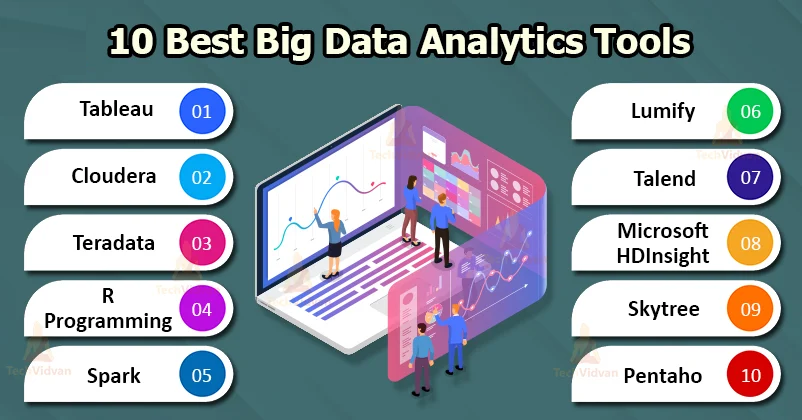Big Data – Decoding the big picture
Dream Big; but make sure you have it under control to stay on top of the game. To stay on top of the game it is necessary to give attention to small information that your company’s Big Data is giving. That’s exactly why multinational corporations are hiring Big Data analysts. Little about Big Data and Big Data scientists are discussed in this write up.
To put it short, Big Data is a catchphrase that is used to describe large volumes of structured or unstructured data. In most cases the data structures are unstructured or incompatible to the needs of a business user. A ‘Big Data Scientist’ is someone who knows the tools and tricks to statistically evaluate this Big Data to churn out meaningful information. Such meaningful information can be used by the business in devising further strategies to expand market share, penetrate new markets or to sustain the existing ones.
The agreed notion in the business world is that at least 91% of the data held today has been created in the past 3 years. The volume of data stored and accessed is only going to increase with arithmetical progression which makes Big Data management a necessity for large sized businesses; that is if they want to stay at the top of their game.
The examples listed below hint how much data is being transferred to and fro between users on a single day:
- 500 million is the number of tweets that are estimated to be exchanged every single day. That is approximately 6,000 tweets every single second. (Internetlivestats)
- 172,800,000 is the number of debit/credit card transactions that VISA alone handles on a single day around the world.
- 936 million is the count of users who log into Facebook daily. Of that 83% constitutes outside USA users. (Socialbakers)
- $107 Billion was theturnover achieved by Amazon during 2015 from 193 million unique visitors. (Statistia)
- More than 50% of Google searches originate from mobile devices. Google still commands a 64% market share of US desktop search market.
The above mentioned Big Data examples can be further explained using 3 V’s:
- Variety refers the diverse forms in which data is being created or exchanged, like spreadsheets, images, videos, audio messages, documents, text messages, etc.
- Velocity refers to the speed at which such data is being exchanged. In certain industries, this could also indicate the speed at which data keeps changing or replaced with new versions. (Eg: Number of tweets).
- Volume indicates the size and quantity of information that keeps exchanging. In Big Data it is often describedin terms of giga bytes, peta bytes and progressing space volumes.
A Big Data scientist can be concluded to be a professional who can identify what volume and in what variety should be analyzed with reference to its velocity for business decisions. Needless to say, he or she is someone who can carve the future growth of the company with their statistical study of the corporation’s Big Data. That said, there are some essential skills that an individual must have in order to become a Big Data scientist.
Essential skills required to become a Big Data scientist
Broadly, there are three major skills that a Big Data scientist must have essentially for a successful career. They are described in detail as below:
1.Technical skills
Expertise in Big Data technology like Hadoop, Grid Computing, etc.
Expertise in programming and scripting using common system languages like Java, Phython, C++, etc.
Knowledge of Database management, data modeling, SQL, etc.
2.Visualization skills
A Big Data scientist should be capable of presenting and visualizing his findings in a manner that is understandable to users who are not experts in Big Data terminology. For this, he or she must have hands-on experience in using tools like Tableau, MS PowerPoint, MS Excel, Google Visualization API, infographics, etc.
3.Business Skills
A Big Data analyst must have a brief understanding of how the particular domain industry functions, what are its peculiarities and what makes it unique from other related industries. It is also necessary to have an understanding of what kind of information will help the business understand its customer in a better manner.
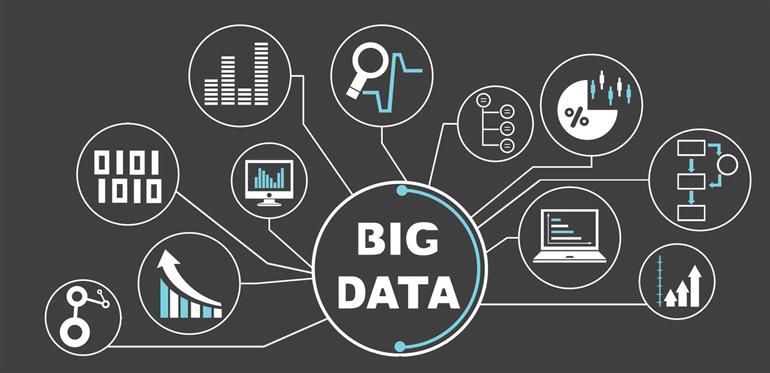
Career prospects of a Big Data scientist
A Big Data professional can fit into any of the following roles:
- Big Data Scientist,
- Big Data Visualizer,
- Big Data Analyst,
- Big Data Architect,
- Big Data Manager,
- Big Data Consultant,
- Big Data Researcher, etc.
Final Words
These nomenclatures are but different titles for the same roles and responsibilities. A Big Data scientist can aspire to find lucrative career options in Big Data Analysis in multinational corporations with business spanning the entire globe.
Find a course provider to learn Big Data
Java training | J2EE training | J2EE Jboss training | Apache JMeter trainingTake the next step towards your professional goals in Big Data
Don't hesitate to talk with our course advisor right now
Receive a call
Contact NowMake a call
+1-732-338-7323Take our FREE Skill Assessment Test to discover your strengths and earn a certificate upon completion.
Enroll for the next batch
big data full course
- Sep 1 2025
- Online
Big Data
- Sep 2 2025
- Online
big data full course
- Sep 3 2025
- Online
Big Data
- Sep 4 2025
- Online
big data full course
- Sep 5 2025
- Online
Related blogs on Big Data to learn more
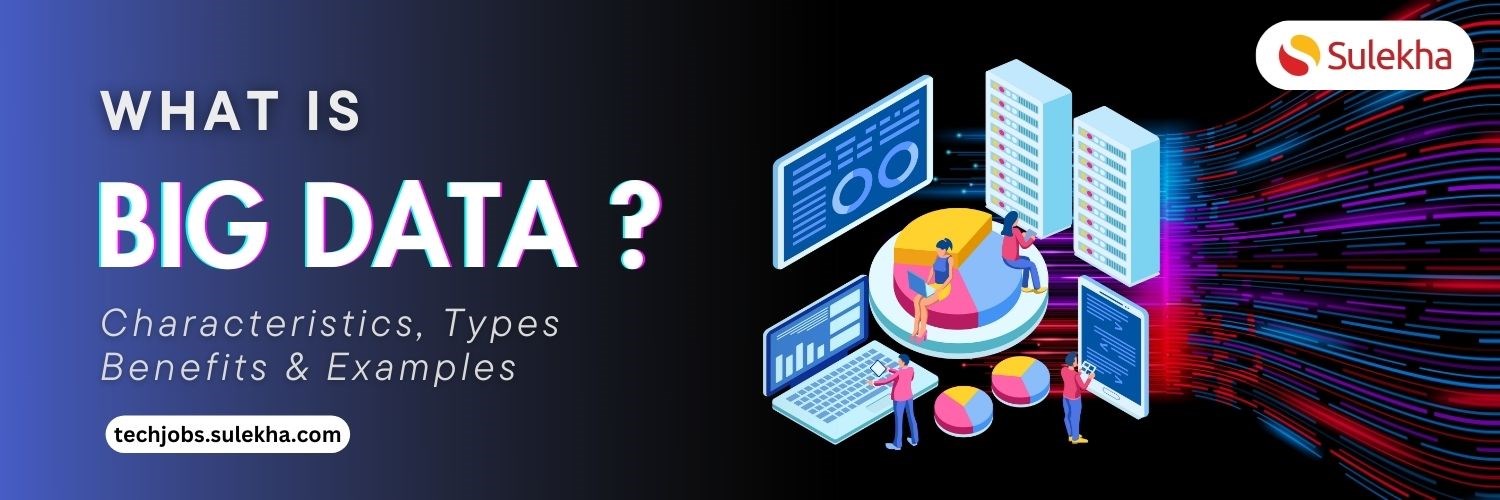
What is Big Data – Characteristics, Types, Benefits & Examples
Explore the intricacies of "What is Big Data – Characteristics, Types, Benefits & Examples" as we dissect its defining features, various types, and the tangible advantages it brings through real-world illustrations.
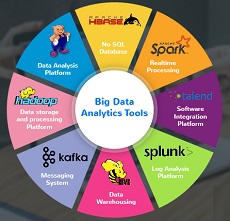
Top 10 Open-Source Big Data Tools in 2024
In the dynamic world of big data, open-source tools are pivotal in empowering organizations to harness the immense potential of vast and complex datasets. Moreover, as we enter 2024, the landscape big data tools and technologies continues evolving be
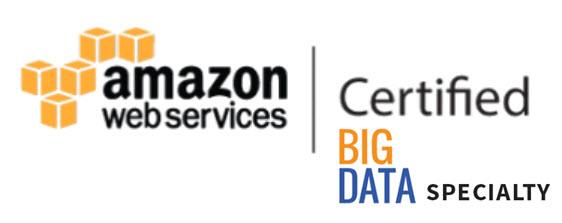
AWS Big Data Certification Dumps Questions to Practice Exam Preparation
Certification in Amazon Web Service Certified Big data specialist will endorse your skills in the design and implementation of the AWS services on the data set. These aws big data exam questions are prepared as study guide to test your knowledge and
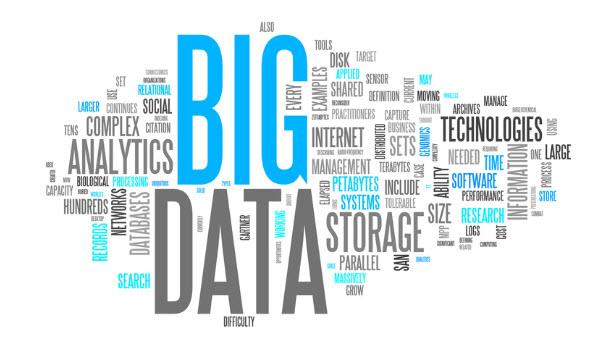
Top 25 Big Data Questions and Answers for Certification Passing score
You can appear for big data certification exam with confidence and come out with certification. We have prepared a bunch of important big data exam questions along with the correct answer and the explanation for the right answer. Utilize these sample
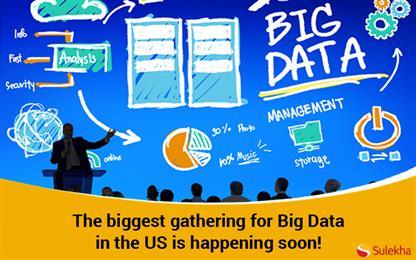
Sixth Edition of Big Data Day LA 2018 - Register Now!
If you’re keen tapping into the advances in the data world, and currently on a quest in search engines, looking for Big Data conferences and events in the USA, there is a big one coming up your way! Yes, the sixth annual edition of Big Data Day LA

15 Popular Big Data Courses to learn for the future career
We have found a list of big data courses that are necessarily required for the future. Professionals and freshmen who are learning these courses prepare the participants to see bigdata careers with high pay jobs.

Best countries to work for Big Data enthusiasts
China is fast becoming a global leader in the world of Big Data, and the recently held China International Big Data Industry Expo 2018
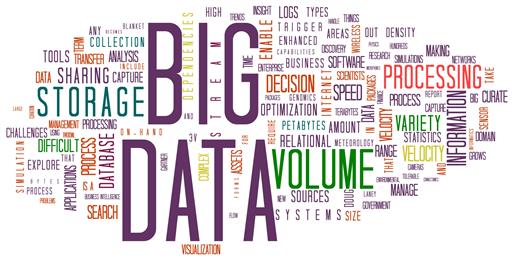
Top Institutes to enroll for Big Data Certification Courses in NYC
If achieving a career breakthrough is hard, harder is sustaining a long-run. Why? Organizations are focusing on New Yorkers who can work dynamically and leverage their skills from the word go, and that’s why.

The emergence of Cloudera
Cloudera is the leading worldwide platform provider of Machine Learning. There is reportedly an accelerated momentum in the Cybersecurity market.
Latest blogs on technology to explore
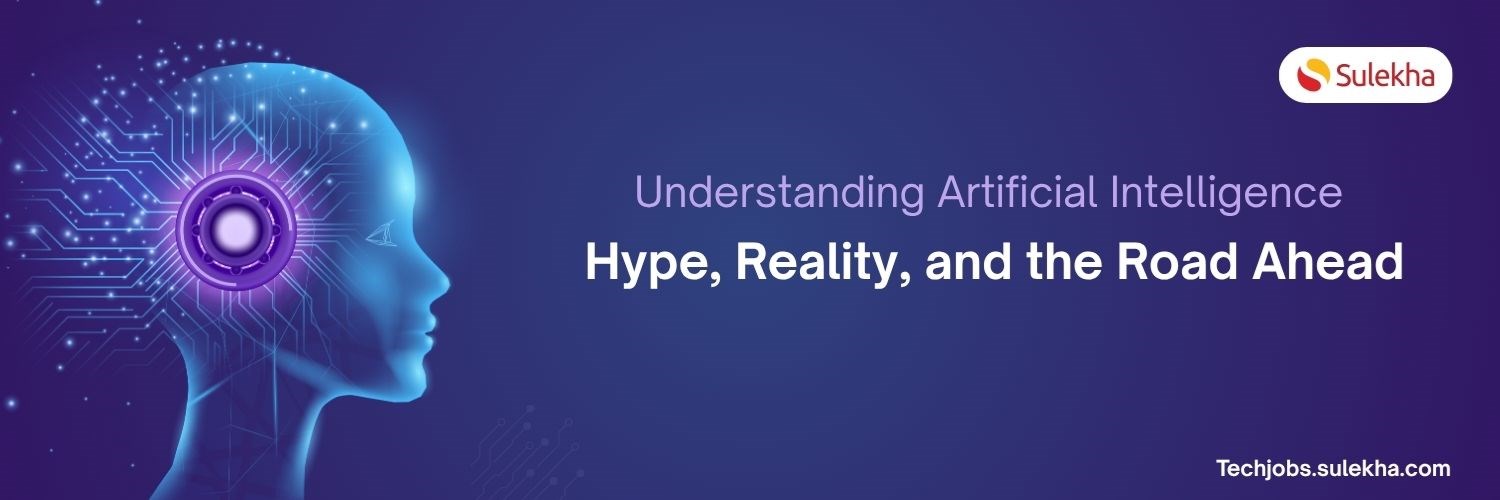
Understanding Artificial Intelligence: Hype, Reality, and the Road Ahead
Explore the reality of Artificial Intelligence (AI) — its impact, how it works, and its potential risks. Understand AI's benefits, challenges, and how to navigate its role in shaping industries and everyday life with expert training programs

How Much Do Healthcare Administrators Make?
Discover how much healthcare administrators make, the importance of healthcare, career opportunities, and potential job roles. Learn about salary ranges, career growth, and training programs with Sulekha to kickstart your healthcare administration jo

How to Gain the High-Income Skills Employers Are Looking For?
Discover top high-income skills like software development, data analysis, AI, and project management that employers seek. Learn key skills and growth opportunities to boost your career.

What Companies Expect from Product Managers in 2025: Skills, Tools, and Trends
Explore what companies expect from Product Managers in 2025, including essential skills, tools, certifications, and salary trends. Learn how to stay ahead in a rapidly evolving, tech-driven product management landscape.

Breaking Into AI Engineering: Skills, Salaries, and Demand in the US
Discover how to break into AI engineering with insights on essential skills, salary expectations, and rising demand in the US. Learn about career paths, certifications, and how to succeed in one of tech’s fastest-growing fields.

Cybersecurity Training: Powering Digital Defense
Explore top cybersecurity training programs in the USA to meet rising demand in digital defense. Learn about certifications, salaries, and career opportunities in this high-growth field.

Why Pursue Data Science Training?
Empower your career in a data-driven world. Learn why data science training is crucial for high-demand jobs, informed decisions, and staying ahead with essential skills.

What Does a Cybersecurity Analyst Do? 2025
Discover the vital role of a Cybersecurity Analyst in 2025, protecting organizations from evolving cyber threats through monitoring, threat assessment, and incident response. Learn about career paths, key skills, certifications, and why now is the be

Artificial intelligence in healthcare: Medical and Diagnosis field
Artificial intelligence in healthcare: Medical and Diagnosis field

iOS 18.5 Is Here: 7 Reasons You Should Update Right Now
In this blog, we shall discuss Apple releases iOS 18.5 with new features and bug fixes
